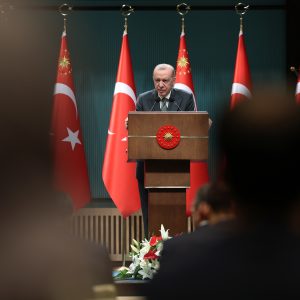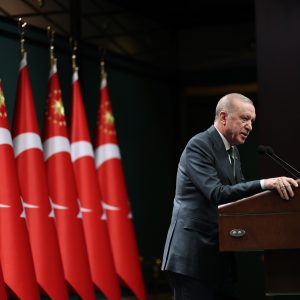New hospital for women and children drug addicts opens in northern Afghanistan
Baghlan opens first rehab for women, children amid shrinking drug supply under Taliban’s anti-narcotics campaign.
KABUL, Afghanistan (MNTV) — A 20-bed hospital dedicated to treating women and children suffering from drug addiction has opened in the capital of northern Baghlan province, marking the first such facility in the region with an all-female medical staff.
The new hospital was inaugurated on Wednesday in Pul-i-Khumri, where officials highlighted its importance in addressing a growing public health concern. Dr. Abdul Qahar Ahmadi, Baghlan’s Public Health Director, said the facility would fill a critical gap in addiction treatment for women and children across northern Afghanistan.
“Today, a 20-bed hospital begins operation for the treatment of female and child addicts — a facility that never existed before in Baghlan,” Ahmadi said at the launch ceremony, according to Pajhwok Afghan News.
The hospital will offer free treatment and primarily serve patients from Baghlan and neighboring provinces, helping ease the burden on Afghanistan’s limited addiction care infrastructure.
Dr. Ferozan Alami, head of the hospital, said the center would provide comprehensive care, including detoxification, psychological counseling, and rehabilitation. Each patient will receive up to 45 days of in-patient treatment.
“This is the first time a dedicated hospital for addicted women and children has become operational here,” Alami told Pajhwok. “Our entire staff is female, which allows us to better address the medical and emotional needs of our patients.”
Alami emphasized that many women feel more comfortable seeking treatment from female professionals, particularly in conservative regions where stigma and social barriers often prevent women from accessing healthcare.
In addition to the new facility, a separate 40-bed addiction hospital continues to operate in the province, serving the broader population.
Afghanistan has long struggled with widespread drug addiction, fueled in part by decades of conflict and its status as a major producer of opium. However, since the Taliban-led government banned poppy cultivation in April 2022, opium production has reportedly declined by 95 percent, according to the United Nations Office on Drugs and Crime (UNODC).









